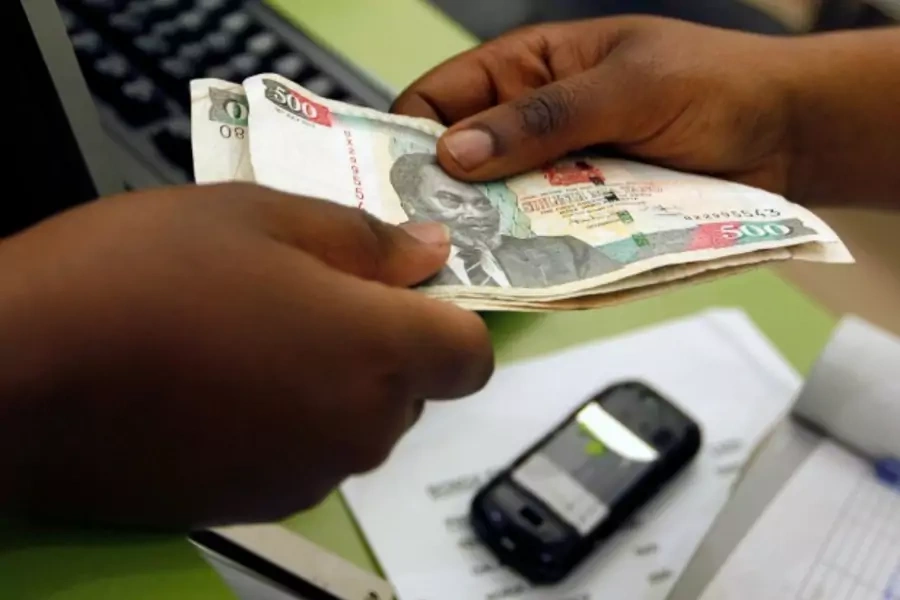More on:
This is a guest post by Allen Grane, research associate for the Council on Foreign Relations Africa Studies program.
The government of Kenya is tapping the country’s digital finance prowess to raise critical infrastructure funds. The National Treasury has teamed up with a local mobile money pioneer, Safaricom, to launch the so-called M-Akiba bond. It is the first government security carried exclusively on mobile phones.
M-Akiba is a national economic solution that has the potential of filling-in for foreign investment. This is especially important in light of Standard & Poor’s recent lowering of Kenya’s credit rating outlook to negative due to depreciation of the Kenyan Shilling and a growing budget deficit. M-Akiba, like M-Pesa, which was developed in response to Kenya’s retail banking shortcomings, is another African tech-based solution to a regional finance challenge. This initiative is also significant in the aftermath of J.P. Morgan’s recent dropping of Nigeria from its local-currency emerging market bond index. That move could signal a waning of international interest in African bond markets, which have become more important to African government infrastructure financing over the last several years. Despite the continent’s rapid economic growth in the past decade, investors may be worried by the recent fall in commodity prices and China’s cooling economy, both of which are having secondary effects in Africa.
In the midst of this potential downturn, African countries must find new ways to create investment. Kenya is seeking to do that with the M-Akiba bond, an original way to raise capital through its citizens while leveraging East Africa’s large, and ever-growing, mobile markets. Mobile platforms such as M-Pesa have been extremely successful in Kenya, where 75 percent of its citizens own cell phones and 60 percent of its population transact payments via M-Pesa.
The Kenyan government argues that M-Akiba will not only help them tap into local investors for government bonds, but that it will allow more Kenyans to build personal savings (Akiba is the Swahili word for savings). M-Akiba lowers many of the hurdles to citizen investors purchasing government bonds. They no longer have to go through a financial intermediary (just their mobile phones) and the 3,000 Shillings ($29) entry price makes M-Akiba bonds more accessible than typical government bonds, priced at 50,000 Shillings (approximately $475).
Similar to M-Pesa, which has become a leading example for digital payments providers around the world, the M-Akiba concept could become a model for developing economy government finance.
More on:
 Online Store
Online Store
